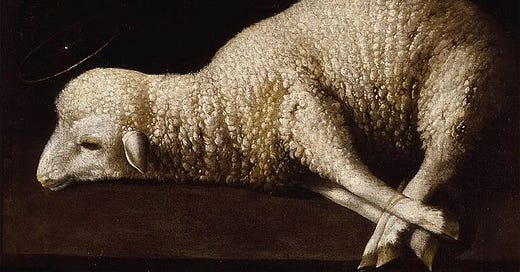why you don’t actually want to get better
exploring how victimhood rewires the brain, shapes behaviour, and traps us in familiar pain
there’s power in being the one who’s endured. and when power is scarce, you reach for what you can. victimhood gives you a role. the one who’s hurt, the one who’s owed. the one who’s right about how cruel the world is. and sometimes, being right matters more than being happy. you build your personality, exhibit after exhibit, a legal case of why you were wronged. collecting mistreatment like it proves something. and it does, just not what you think.
i’ve seen it in myself, after i’d processed the things i’d been through, or thought i had. i didn’t transmute that pain into compassion, i turned it into anger. it came out in how i spoke about myself, how i down played good things and buried myself beneath a version who didn’t forgive, who didn’t try to understand.
because why should i? no one ever did that for me.
you start to expect abandonment, expect betrayal, neglect, and then you create it. psychology calls this repetition compulsion, the unconscious urge to repeat a painful dynamic in hopes of mastering it, resolving it, and making it make sense. but most of the time, you just get the same hurt on repeat, a bruise on the soul you keep pressing on just to feel real. it’s a loop your brain starts to crave. when you’re hurt, dismissed, rejected, abandoned, your brain spikes dopamine because it feels important. it flags what matters, and trauma matters, betrayal matters. pain carves a groove in your nervous system, morphing itself into a twisted signal that tells you you’re alive.
it can look like moral superiority, i’ve suffered more, so i know better. it can sound like passive aggression, i’m not going to tell you what’s wrong, but you should know. sometimes, especially in more spiritual spaces, it mutates into a kind of sacred suffering, i’m on a higher path. everything is a test. pain is proof that i’m chosen.





